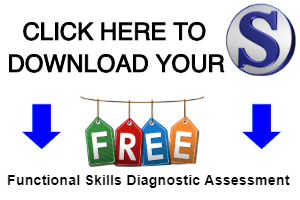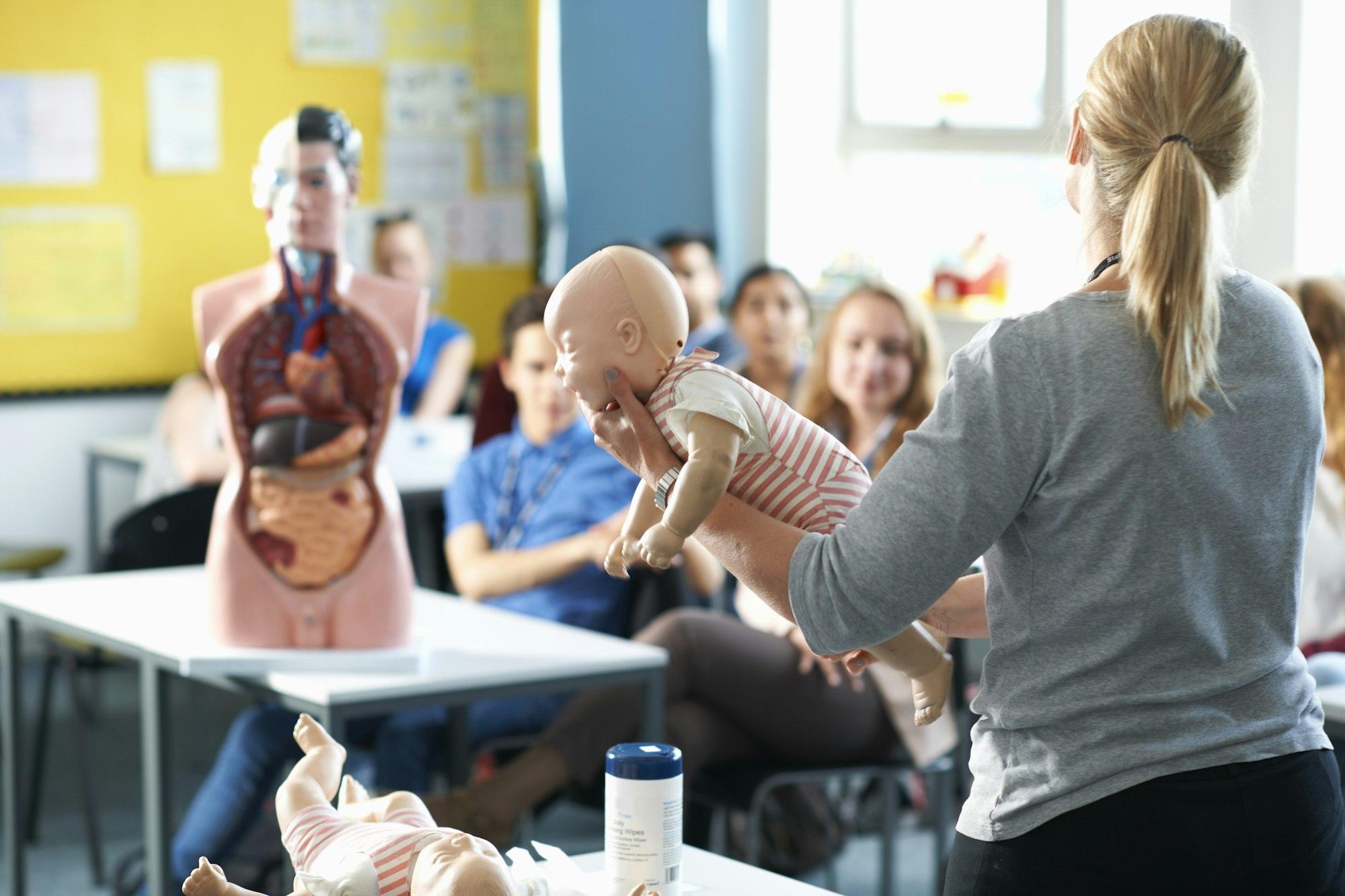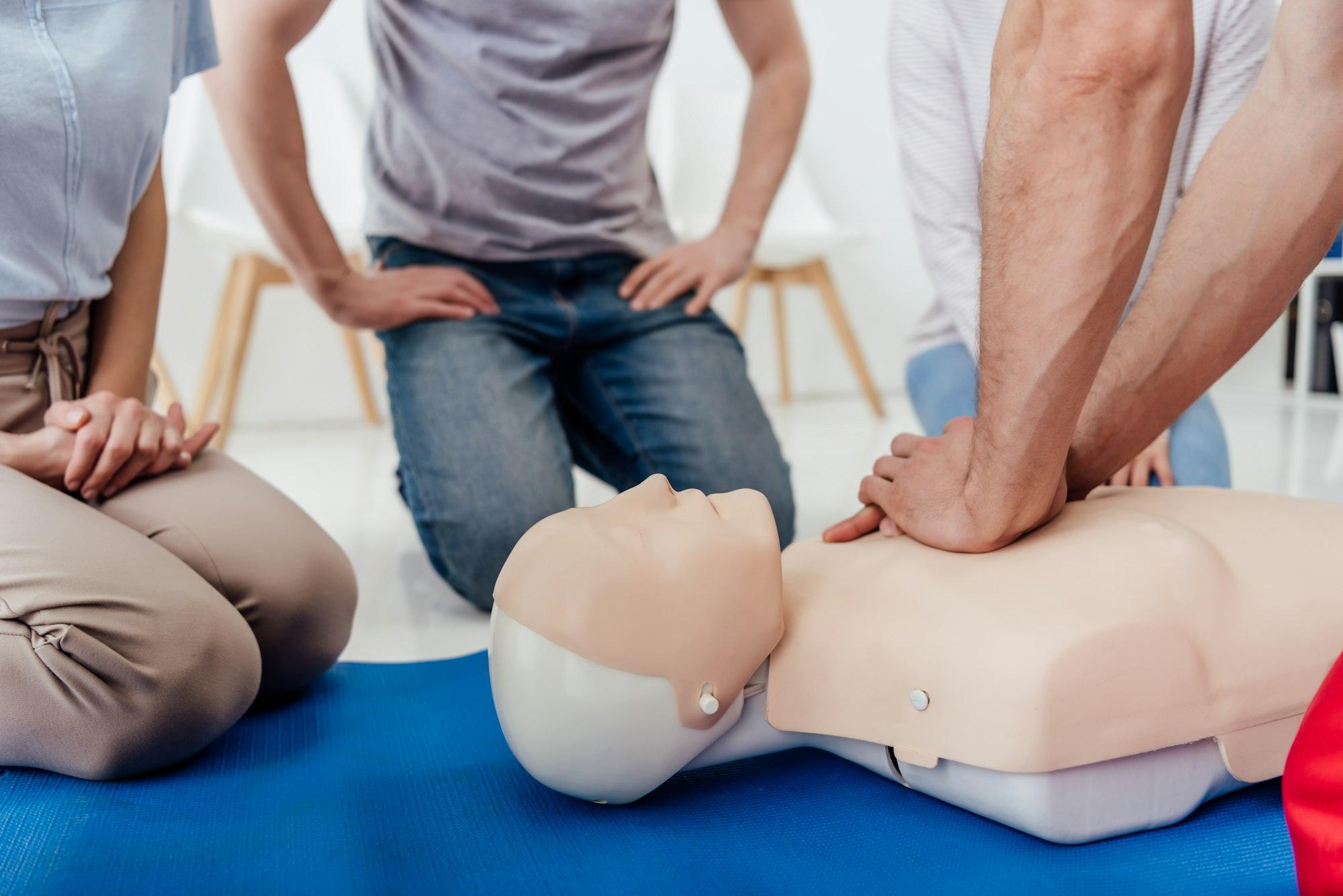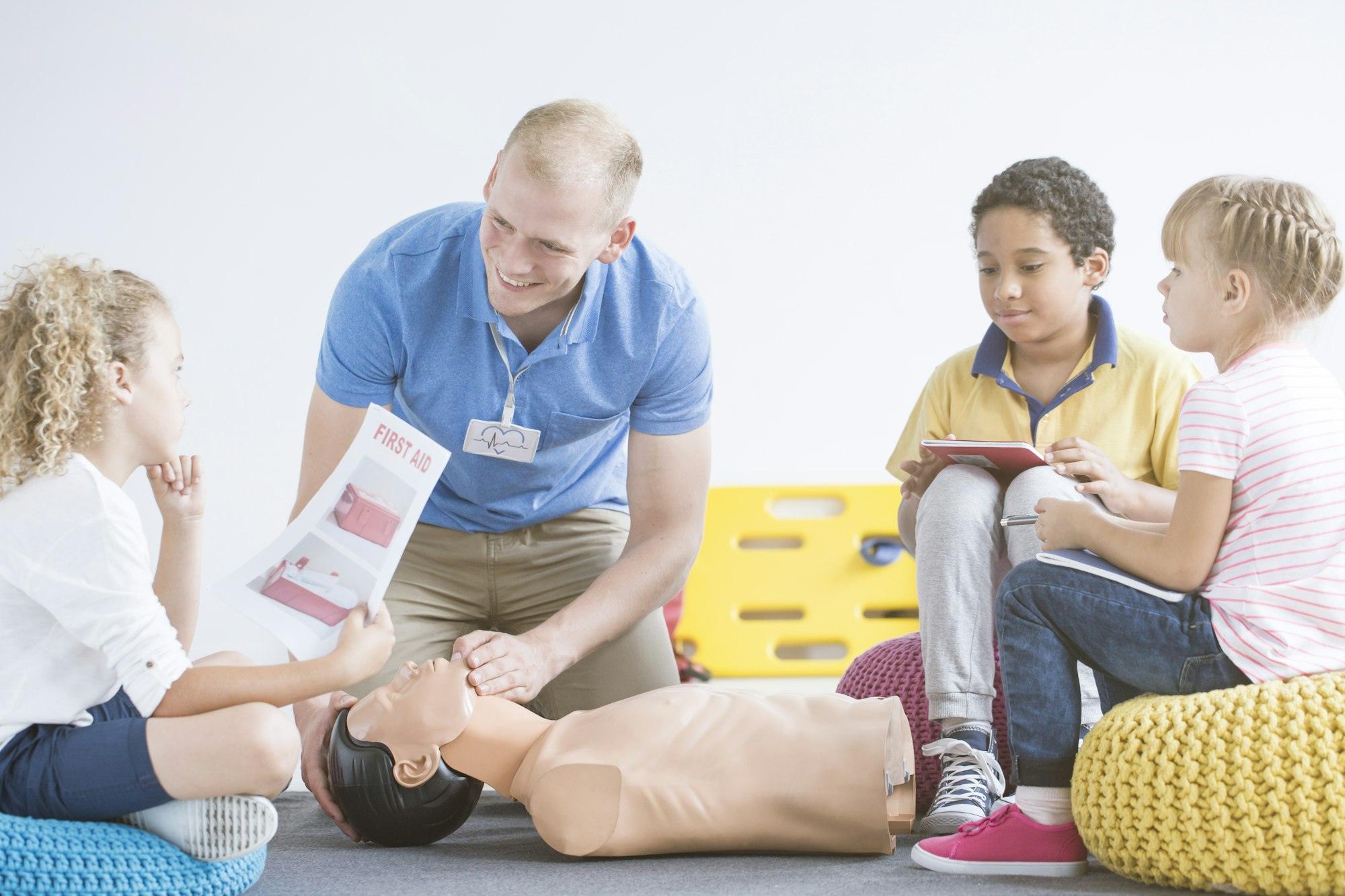
Funded CSCS Course SMARTT is delivering a new CSCS routeway course at Consett AFC starting

Course Free CSCS Cards. SMARTT will be running a new CSCS routeway course at Consett
CSCS Cards Free Course. SMARTT will be running a new CSCS routeway course at Consett

SEO Free Tool Kit -An effective орtіmіzаtіоn рlаn muѕt іnсludе thrее mаіn components: onsite SEO,

CSCS Cards Free Durham Area – More FREE CSCS courses, including Level 1 Health and

Free CSCS Course Durham Area – More FREE CSCS courses, including Level 1 Health and

Personal Licence Holder Free Course & more at Consett 12 – 29 April 2022 SMARTT

Personal Licence Holder Free Course & more at Consett AFC 19 August – 3 September

Durham Free CSCS Course – More FREE CSCS courses, including Level 1 Health and Safety

Lorem ipsum dolor sit amet consectetur adipiscing elit dolor







